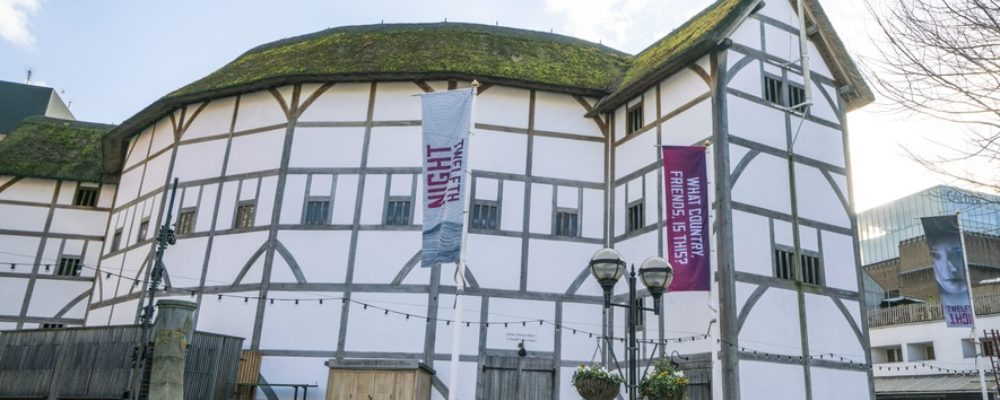A workplace that simulates conditions from the early 1600s has become the unlikely wellspring of eyebrow-raising leadership innovations.
The organisation in question is London’s theatrical hotspot the Globe, which recently appointed seasoned Shakespearean actor Michelle Terry as its new artistic director. As she unveiled the Globe’s plays for 2018, Terry pledged to use them as opportunities to overhaul longstanding stage traditions – and to mount productions amid a spirit of greater behind-the-scenes experimentation.
In her vision for the theatre’s programme for the year ahead, audiences will in some cases be able to choose which plays are staged, and actors will come to rehearsals without initially being assigned to specific parts – instead, they will workshop those crucial decisions among themselves, while taking greater ownership of other directorial duties.
Explaining the thinking behind her radical, creative outlook, Terry said: “Actors are amazing dramaturgs. They will tell you about what works in a play. I am trying to dismantle this triangle of hierarchy that is part of our culture, where there is too much responsibility on one person.
“It is unfair that everything gets dumped on the director’s shoulders – and actually, [the new framework] is a really collaborative process, especially for our theatre, which is one of the most democratic and egalitarian spaces that we’ve got.”
While Terry’s aim to dismantle hierarchies is certainly exciting, is there a risk that her collaborative plans could clash with some actors’ competitive instincts to secure cherished roles? And more generally, is it possible for a leader to usher staid traditions offstage without creating turbulence?
The Institute of Leadership and Management's CEO Phil James says: “This theme of traditions giving way to change is a major leadership issue. Just think of Unilever’s recent announcement that it is closing the Colman’s Mustard factory in Norwich after 160 years. Obviously, there was sadness at the decision, as the factory site is regarded with a great deal of affection. But if we allowed those emotions to hinder progress, then we would have no innovations at all. Indeed, we have to be challenging and overthrowing older models all the time in order to find new ways of working.
“If we reflect on our recent blog on promotions, I wonder whether the process of getting a part on merit – where you have to demonstrate through workshops among your peers that you’re the best-suited actor for a part – is actually fairer? Of course, it’s easier to just allocate these roles – eg, ‘You’re King Lear, because you’ve been around for a long time.’ But these ideas of empowerment and engagement, and a recognition that leadership can be far more collaborative than it is often thought to be, are compelling.”
James points out: “In a way, Terry is only doing what organisational-development or change-management consultants would typically encourage every firm to do. And she’s very lucky, in the sense that she will have the support of high-quality personnel. The performers are all professionals; they’ve been trained to a high standard at various arts institutions, and they all understand how to get the best out of workshops. So, on those terms, I don’t think that what she’s doing is risky at all.
“Can you have change without turbulence? No. This comes up in discussions within the Institute all the time. Resistance to change within organisations often seems endemic, and when change is underway, it is only natural for people to find it destabilising – and to cling on to the traditions they are used to for survival. However, change is inevitable.”
He adds: “You can make change fun; you can involve your people in the process rather than making them feel as though it is happening either around them, or to them – and you can personally reassure them that it will all be okay. Those steps will certainly encourage people to go with you and to embrace the ideas that you’re proposing. But change can’t be accomplished without anyone noticing it.”
For further thoughts on leading change, check out these learning resources from the Institute
Image of Shakespeare’s Globe courtesy of 4kclips, via Shutterstock

